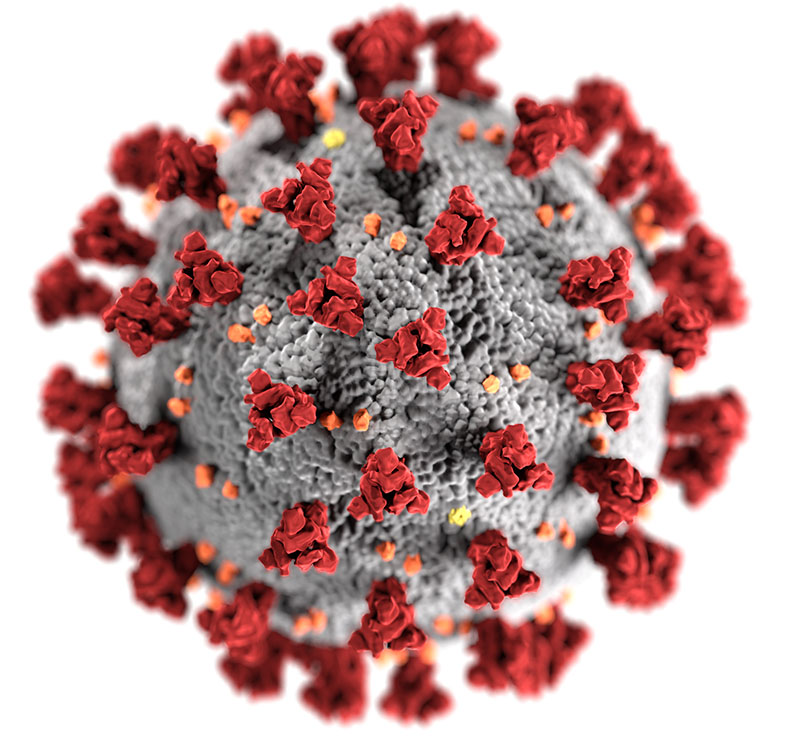

Image credit: CDCC
The Health Secretary Matt Hancock on Sunday during the government’s daily pandemic press briefing, confirmed plans for Covid-19 tracking app.
The contact tracking app will apparently warn people if they have recently been in close proximity to someone suspected to be infected with the coronavirus.
Matt Hancock said the NHS was “working closely with the world’s leading tech companies” on the initiative.
It has also emerged that Apple and Google are jointly developing technology that could assist governments in tracking the spread of Covid-19 through the use of the Bluetooth technology built into smartphones.
Apple and Google said their technology would first be made available to the developers of third-party contact tracing apps by mid-May, before being rolled out directly into Apple’s iOS and Google’s Android mobile operating systems, making separate apps unnecessary.
A pre-release version of the British government app meanwhile will be tested next week by the NHSX – the health service’s digital innovation unit, the BBC reported.
The test of the app will reportedly take place with families at a secure location in the North of England.
The idea behind the app is that people who have been self-diagnosed as having Covid-19, will be able to declare their status in the app.
According to the BBC, the app will then send the equivalent of a yellow alert to any other users who they have recently been close to for an extended period of time.
A red alert will apparently be issued if a medical test confirms the user has been infected with Covid-19, which will mean that other users should go into quarantine.
The BBC said that in order to report testing positive, the user would have to enter a verification code, which they would have received alongside their Covid-19 status.
Matt Hancock said that use of the app would be voluntary.
“If you become unwell with the symptoms of coronavirus, you can securely tell this new NHS app,” he explained. “And the app will then send an alert anonymously to other app users that you’ve been in significant contact with over the past few days, even before you had symptoms, so that they know and can act accordingly.”
“All data will be handled according to the highest ethical and security standards, and would only be used for NHS care and research,” he added. “And we won’t hold it any longer than is needed.”
One security expert has warned potential users to be cautious about the amount of personal data they submit to the app.
“As with any account online, you should always think about submitting the least amount of personal data as possible,” explained Jake Moore, cybersecurity specialist at ESET.
“It is vital to hold onto your own private information as it is becoming the most valuable currency of current times,” Moore said.
“Cybercriminals are constantly attempting to poach private information from dormant accounts, so although this may seem like a good idea presently, many people never delete their accounts, making this data easily targeted in future attacks,” said Moore. “It is vital to be sure to delete accounts you don’t use anymore.”
Do you know all about security? Try our quiz!
Apple fined 150m euros over App Tracking Transparency feature that it says abuses Apple's market…
OpenAI to release customisable open-weight model in coming months as it faces pressure from open-source…
Samsung's Bespoke AI-powered fridge monitors food to create shopping lists, displays TikTok videos, locates misplaced…
Huawei sees 38 percent jump in consumer revenues as its smartphone comeback continues to gather…
In world-first, China approves commercial flights for EHang autonomous passenger drone, paving way for imminent…
Microsoft closes down IoT and AI lab it operated in Shanghai tech district in latest…